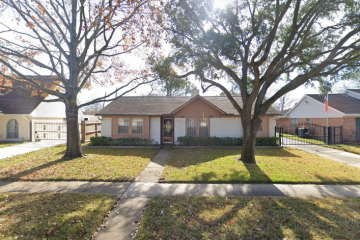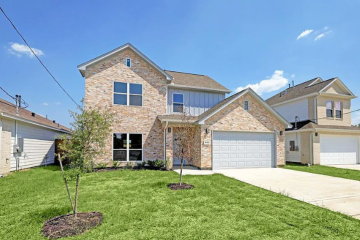Introduction: Selling a home can be a daunting task, especially in a competitive real estate market. However, with the right strategies and preparation, you can increase your chances of selling your home quickly and at a desirable price. In this blog post, we’ll share five tips to help you navigate a competitive market and attract potential buyers.
- Set the Right Price: Pricing your home competitively is crucial when you’re looking to sell quickly. Research the local market and analyze recent sales of similar properties in your area. Consider working with a real estate agent who has expertise in your neighborhood. Setting the right price from the start will attract more buyers and generate interest, increasing your chances of receiving offers sooner.
- Enhance Curb Appeal: First impressions matter, and enhancing your home’s curb appeal can make a significant difference in attracting buyers. Ensure that your home’s exterior is well-maintained, with a tidy yard, fresh paint, and an inviting entrance. Consider making small improvements such as planting flowers, updating the front door, or adding outdoor lighting to create an appealing first impression.
- Stage and Declutter: Staging your home can help potential buyers envision themselves living in the space. Remove personal items and clutter to create a clean, spacious atmosphere. Rearrange furniture to highlight the flow of each room and showcase its potential. If needed, consider hiring a professional stager who can help maximize your home’s appeal and create an inviting ambiance.
- Market Strategically: In a competitive market, it’s essential to have a robust marketing strategy to reach a wide pool of potential buyers. Work with a real estate agent who has a strong online presence and can leverage various marketing channels. High-quality photographs, virtual tours, and engaging property descriptions can attract more attention to your listing. Utilize social media platforms, online classifieds, and local real estate websites to expand your reach and generate interest.
- Be Flexible and Responsive: In a competitive market, it’s crucial to be flexible and responsive to potential buyers’ requests. Accommodate showings and open houses, even on short notice, to maximize exposure to interested buyers. Be responsive to inquiries and promptly address any questions or concerns potential buyers may have. A proactive and accommodating approach can help create a positive impression and increase the likelihood of receiving offers.
Conclusion: Selling a home in a competitive market requires strategic planning and careful execution. By setting the right price, enhancing curb appeal, staging your home, marketing effectively, and being flexible and responsive, you can increase your chances of selling your home quickly. Remember to work closely with a trusted real estate agent who can guide you through the process and provide valuable insights. With the right approach, you’ll be well on your way to a successful and timely sale of your home.

